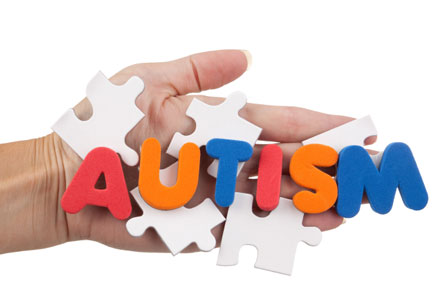
The first sentence of Herman Melville’s classic Moby Dick begins, “Call me Ishmael.” Ishmael may or may not be the narrator’s real name , but Ishmael’s is a self-label.
Call me Ishmael
Heck, you can call me Ishmael too, but that’s not my real name.
Neither is my name "Moron," "Ignoramus" or "Hey you,” yet, that’s what some people call me. But, enough about the pet names my husband uses…
The all-mighty label
For anyone who has survived eighth grade English, grammar seemed pointless at the time. Were we ever going to care about splitting infinitives, prepositions and my personal favorite, the dangling participle? Ah, but where would we be without the all-important adjective?
For better or worse, adjectives allow us to label people, and we as a society are certainly obsessed with the all-mighty label. Shoe labels. Food labels. People labels.
Ask a friend or acquaintance to describe me, and my money says that one of the first labels placed upon me is “mom of a child with autism.”
Now, my son’s condition has never been — and never will be — a secret. But my life and the lives of those with special needs dependents cannot and should not be defined, judged or labeled exclusively by one condition that is intrinsic in our lives.
Autism is but one part of us.
From Aristotle to The Breakfast Club
Aristotle wrote, “The whole is more than the sum of its parts.” The same holds true when we label people based solely on their parts, whether it be through marital status, weight, disease, income, political party, religion and/or children. One simple adjective — a label — simply cannot do justice to the whole.
The 1985 movie The Breakfast Club summed up the label issue brilliantly. Five students in detention are forced to write individual essays about “who they think they are.” Rather than five separate essays, only one essay was submitted. In part, the essay read, “… we think you're crazy to make us write an essay telling you who we think we are. You see us as you want to see us… In the simplest terms and the most convenient definitions… ”
Feel free to label me and other parents of different learners as you wish. But, to accurately describe us, you should use adjectives like indomitable, determined, resolute, compassionate, passionate and most of all, tired.
Oh, and call me Ishmael if you must. He was a survivor, too.
More about autism
Autism: A sister’s vision
Autism and back to school: Another brick in the wall
I heart autism... sometimes